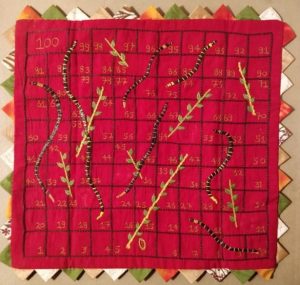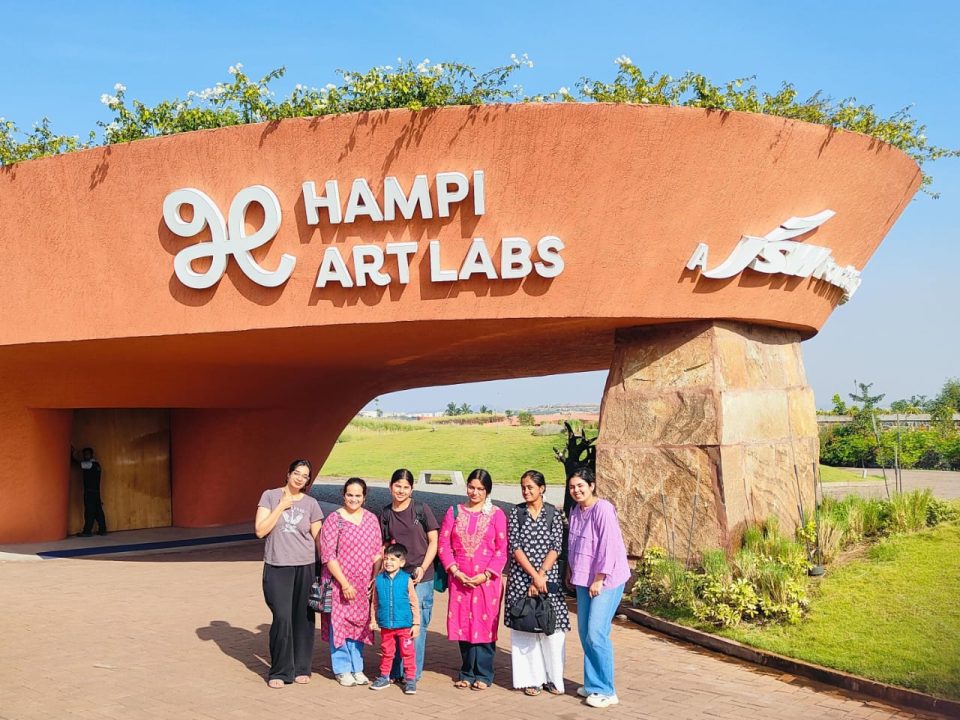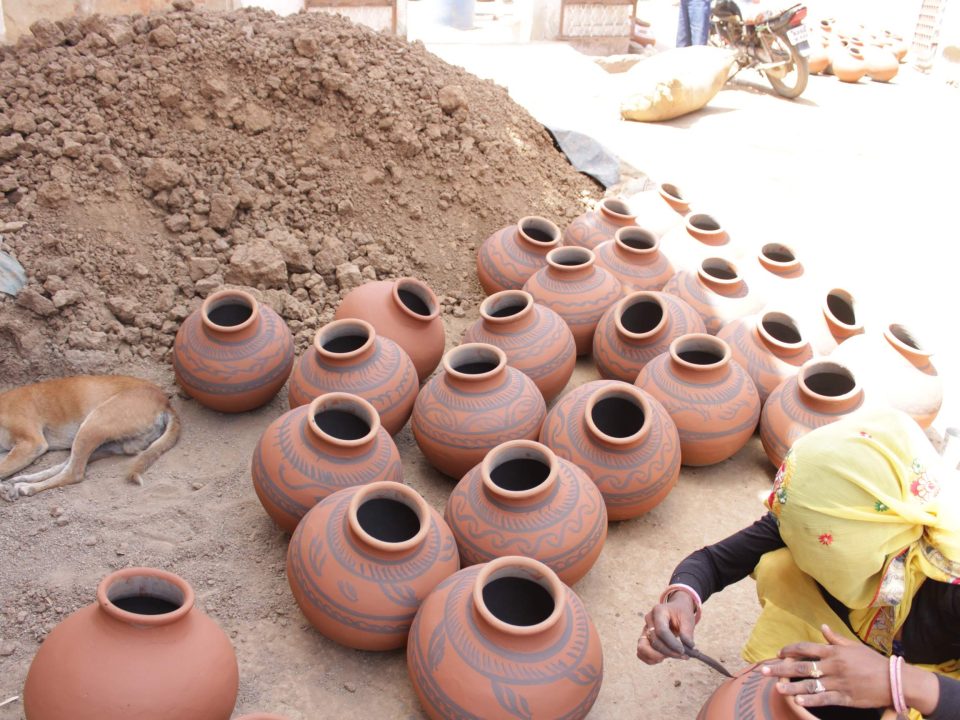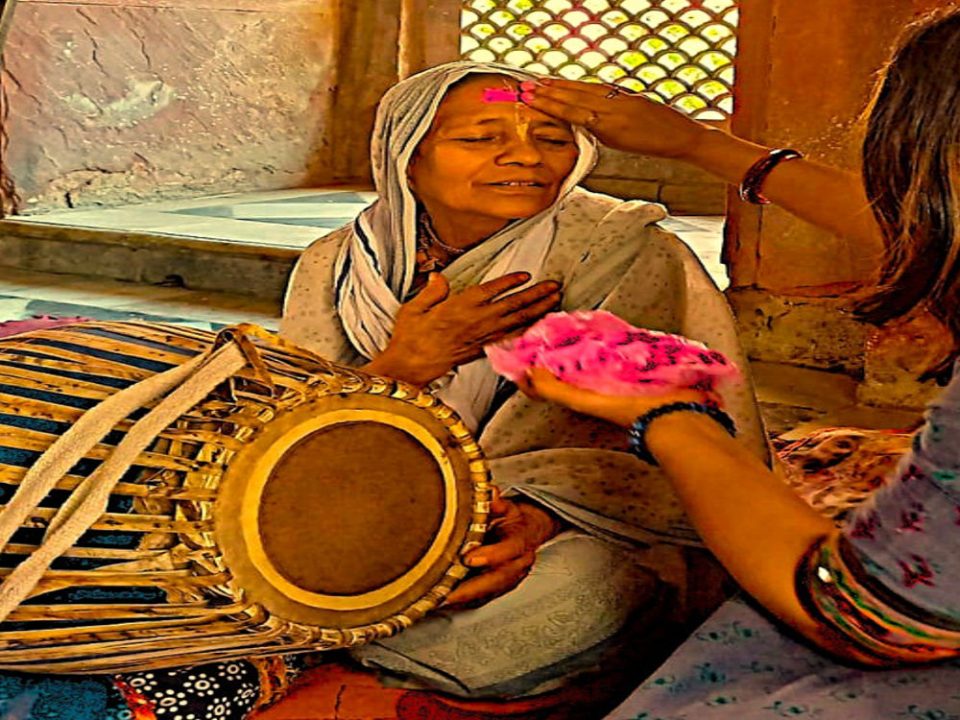TIME TO CHANGE – SMALL STEPS OF SUSTAINABILITY AT IICD
Indian Institute of Craft & Design (IICD) is committed towards the development of the craft sector. Craft sector is the second largest sector providing employment to people in the country, second only to agriculture. It also encourages sustainable development. Out of the seventeen sustainable development goals set by the United Nations the craft sector touches twelve.
Working earnestly for the development of this sector the Institute is also committed to bring about sustainable development in the country. This purpose is fulfilled in various ways- through projects, outreach, training and other programs, but the most important way in which IICD is contributing to sustainable development in the country is by creating ‘change agents’ or ‘catalysts’ in the form of its graduates. The curriculum, teaching and learning at IICD inculcates sustainable thinking in its students. The endeavor is to make them conscious designers who can make the world a better place to live in.
Cited in this write up is an example of the small steps taken at IICD towards raising this consciousness in the young minds as part of a design project. The brief of the project was that it had to be a ‘Zero Expense Project’. Useful, good quality, high value products were to be made using recycling or up-cycling methods.
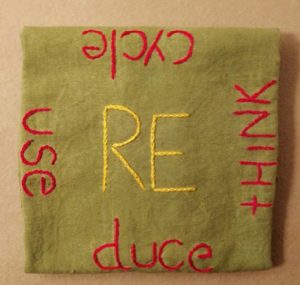

At the onset, the students defined a sustainable designer and questioned themselves as to how sustainable they themselves have been and how sustainable was their surrounding, their city, their country and the world at large. The primary and secondary research created a realization in them about how unsustainable our lives have become now. It was a real eye opener for them. Many hearts and habits saw a change. Habits of excessive use of paper, fabric, garments and buying were analyzed. Following the thought of Mahatma Gandhi, ‘Be the change that you want to see in the world’ the students worked on their design projects setting an example of how through consciousness design can become sustainable, useful and non-wasteful. The entire batch decided to not buy any new clothes for a year and work on the project with minimal expense.


Shraddha Gupta, one of the students of the batch worked on a project for children. Her decision was taken keeping in mind that it is best to catch them young to instill values in them. The idea was to introduce sustainable thinking in really young children so that they grow up as conscious, aware individuals. After thorough research and talking to the target audience, the primary school children, she decided to remake the popular indoor games of Ludo and Snakes and Ladder for them. This product also doubled up as a learning tool, exposing the children to the 4 R’s Reduce, Reuse, Rethink and Recycle with the words neatly embroidered on the fabric board. The Snakes were made out of plastic and the Ladder was a green creeper driving home the fact that plastic is harmful and greenery will always help us rise higher. The entire game was made out of waste pieces of fabric. The hand embroidery and traditional detailing done by the student made it an exclusive product. The packaging of the game carried a write up on sustainability. With the tagline ‘Be the Change’ embroidered on the fabric board the design project endeavored to be a tribute to Mahatma Gandhi- ‘the real sustainable thinker’ and encouraged the students to emulate him in their thinking and working.
